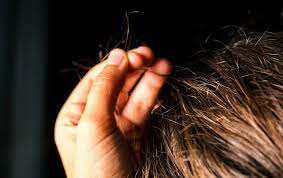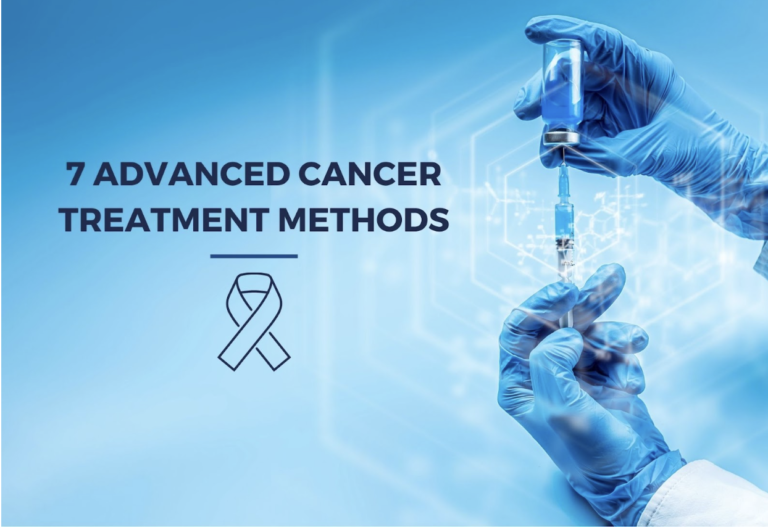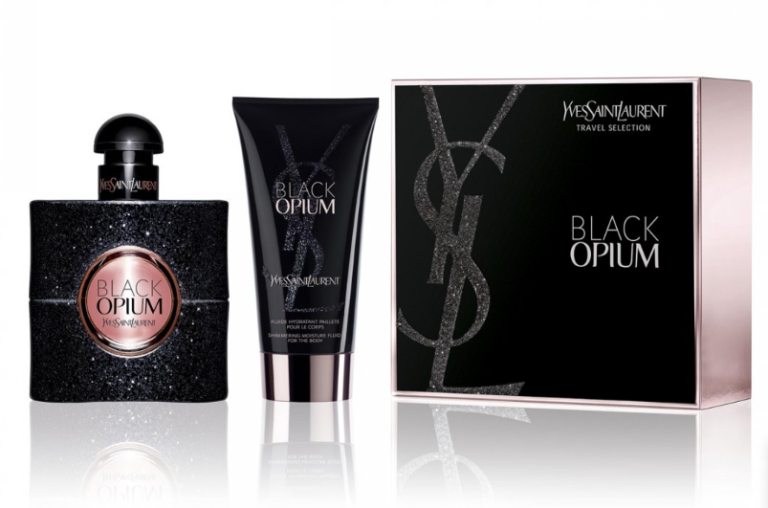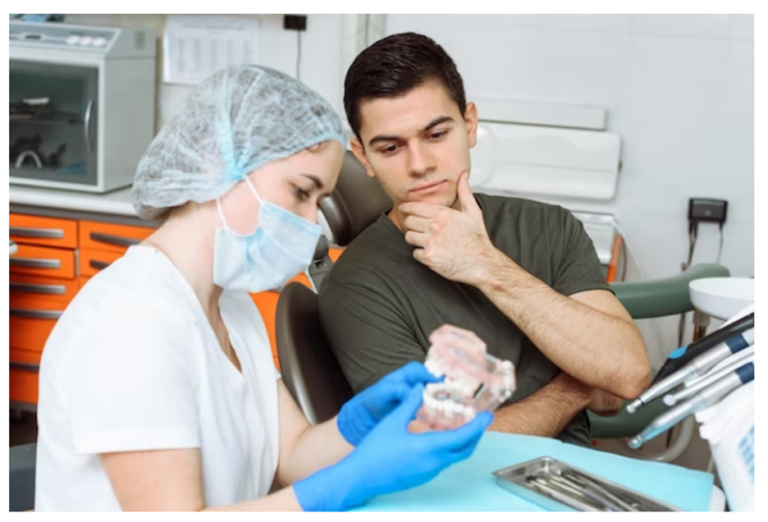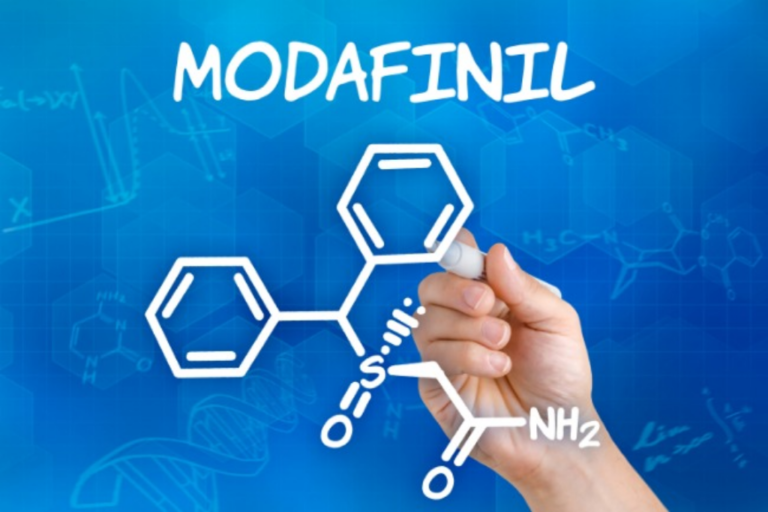Everything to Know About Trichotillomania!
Individuals who experience the irrational urge to pull out hair are more likely to suffer from trichotillomania. It is essential to discuss the symptoms with a psychiatrist in Lahore. The specialist can diagnose the illness and provide intervention to avoid further complications.
What is trichotillomania?
It is a psychological disorder, in which the individual has an urge to pull out the body hair, even though it may cause pain and discomfort. The person does not care if they may hurt themselves and suffer from infections. Individuals above eighteen are more likely to suffer from the disorder, which may worsen with time.
What are the known causes of trichotillomania?
The known causes of trichotillomania are:
- Individuals with stressors in the environment may remain anxious. The person may suffer from the symptoms of depression and trichotillomania. Therefore, it is essential to prioritize mental and physical and should seek for support to treat anxiety disorders.
- Genetics can cause the person to exhibit symptoms that correlate with trichotillomania.
- Hindrance in brain functioning can affect the emotions and behavior of the person. It can cause the person to feel no pain while pulling out the hair. It may lead to a sense of satisfaction, due to which their behavior becomes repetitive.
What complications correlate with the condition?
The complications of trichotillomania are:
- The person suffering from trichotillomania is prone to have depressive episodes. People suffering from trichotillomania are likely to have low self-esteem, which has a negative impact on their personal and professional life. It also affects socializing and may induce a sense of failure.
- The person may not be able to complete daily chores, which can affect physiological functioning. The person may become overweight, leading to multiple complications.
- Hair pulling can affect skin health. It can lead to scarring, and with time the person may become conscious of their physical appearance. It can lead to body dysmorphia.
- There is an increased risk of infections, that may lead to sepsis or other deadly diseases.
What tests help diagnose a person with trichotillomania?
To diagnose the individual with trichotillomania, the specialist will:
- Conduct Psychological Testing: The specialist will evaluate the condition and make a diagnosis based on DSM-5. The specialist will check the symptoms along with environmental factors to identify the cause of the disease. Stress and anxiety can lead to multiple problems, such as trichotillomania.
- Take Patient History: The specialist will take the patient’s history to check for other mental and physical problems that may have led to the disorder. Additionally, the people with family members suffering from depression or neurological disorders are prone to suffer from anxiety disorders and correlating psychological illnesses.
What are the effective treatment options for individuals diagnosed with trichotillomania?
The medications to treat trichotillomania are:
- Use of Antidepressants: The medications help the person deal with the symptoms of anxiety and depression. It helps them rationalize the situation and function adequately in every aspect of life. The hope and sense of control help them become productive and enhance their personal and professional growth.
- Use of Amino Acid Medications: The medications help deal with the neurotransmitters and stabilize the mood.
- Use of Atypical Antipsychotics: The medication helps the individual with trichotillomania to cope with involuntary movements and have a sense of control over their actions.
The therapy that positively impacts the life of the individual with trichotillomania include:
- CBT: Cognitive behavioral therapy helps the person understand that they engage in the behavior that affects their physical and mental health. The therapy aims to change their behavior.
- Acceptance and Commitment Therapy: The therapy aims to make the person accept and then make them change their behavior by seeking professional help.
Individuals who feel anxious and make engage in self-harming behavior should take the first step to recovery by seeking professional help. People can contact Dr. Naseem Mahmood Chaudhary Psychiatrist, who can help identify the cause and provide guidance regarding effective treatment options to enhance their life and avoid complications.
